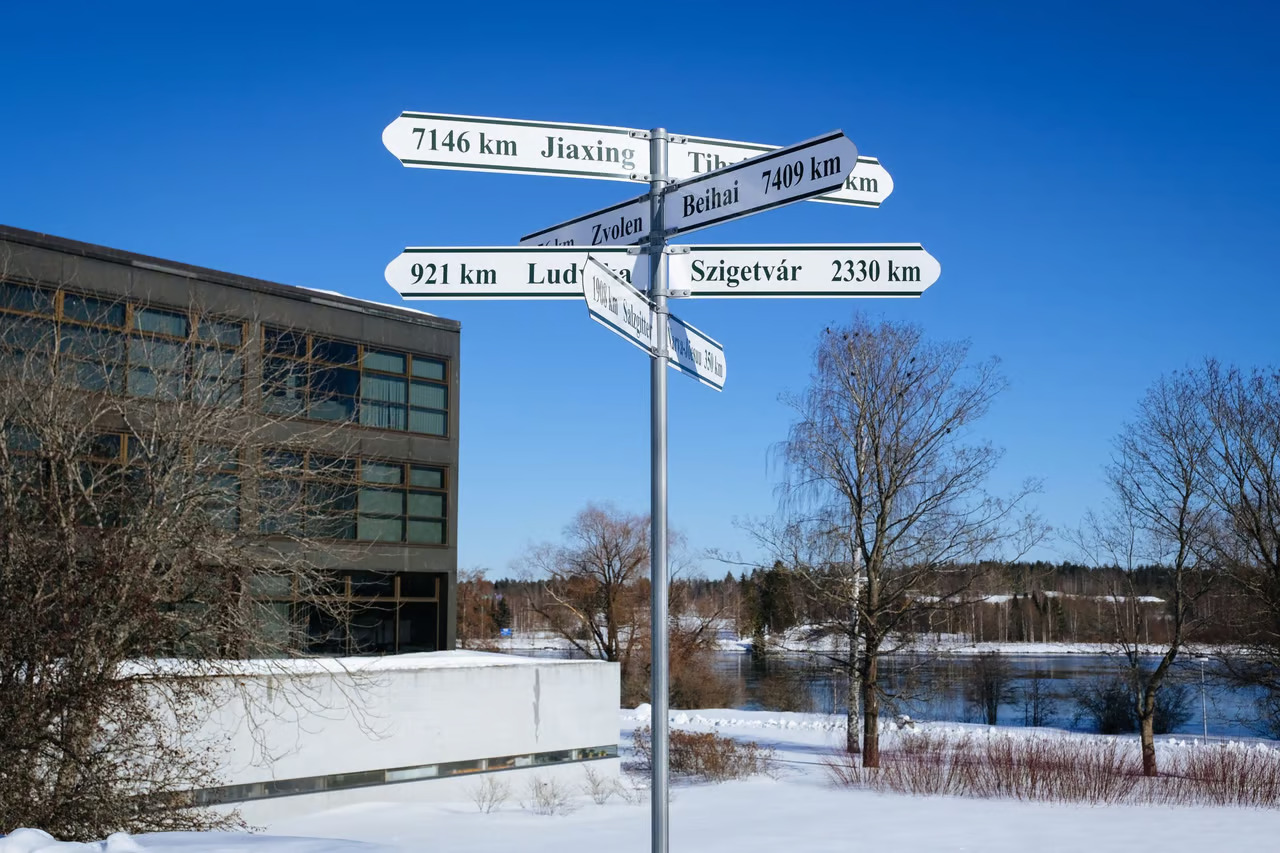As NATO’s newest member, Finland faces a crucial election amid rising tensions with Moscow.
HELSINKI — As Finland gears up for its presidential election, one question looms large: Who can best handle relations with Russia?
With outgoing President Sauli Niinistö having played a key role in securing Finland’s NATO membership, his successor will inherit significant responsibility in shaping the country’s foreign policy—especially in managing the 1,340-kilometer border with Russia.
A Leadership Test in Uncertain Times
Finland’s presidency carries substantial influence over foreign affairs, and in the wake of Russia’s war in Ukraine, the stakes are higher than ever. Niinistö, often seen as a “Putin whisperer,” was instrumental in Finland’s diplomatic shift toward the West. Now, as his tenure ends, Finnish voters are searching for a leader who can provide stability and strength in an increasingly volatile region.
On the streets of Helsinki, many citizens express a desire for a composed and trustworthy president. “They need to have a steady presence and a clean record,” says Tommi Vaurio, a 37-year-old nurse. “This is about trust and reliability.”
A Competitive Race with Familiar Faces
The race to succeed Niinistö is shaping up to be highly competitive, with several high-profile candidates in contention.
Leading in the polls is Pekka Haavisto, a seasoned diplomat and former foreign minister, known for his calm and strategic approach. Alexander Stubb, a former prime minister and EU lawmaker, is another strong contender, bringing a wealth of experience in European politics. Also in the running are Olli Rehn, a former European commissioner, and Mika Aaltola, a foreign policy expert.
While all four front-runners are expected to maintain Finland’s pro-NATO stance and defense investments, more unconventional candidates are also making waves. Far-right politician Jussi Halla-aho, known for his strong rhetoric against Russia, is gaining traction. Meanwhile, the traditionally NATO-skeptic Left Alliance is expected to field a candidate, likely its leader Li Andersson, adding further diversity to the race.
Polls suggest Haavisto leads with 32 percent support, followed by Stubb at 19 percent, Aaltola at 12 percent, Rehn at 10 percent, and Halla-aho at 9 percent. Andersson, despite not yet officially declaring, has already secured 7 percent.
Eyes on Finland from Around the World
Beyond Finland’s borders, this election is drawing significant attention from European and U.S. leaders. As NATO’s newest frontline state, Finland plays a crucial role in monitoring Kremlin activities and shaping Western responses.
Haavisto has emphasized the need for intelligence and research on Russia’s political landscape, calling Finland’s NATO membership “a smart move” that reinforces deterrence against Moscow. His stance echoes Niinistö’s approach, focusing on active participation in the alliance.
A Presidency with Lasting Influence
Despite shifts in Finland’s governance over the decades, the presidency remains highly symbolic and influential, particularly in foreign policy. Statues, museum exhibits, and theater productions across Helsinki highlight the lasting legacy of past leaders like Kaarlo Ståhlberg, who guided Finland’s independence, and Gustaf Mannerheim, the wartime commander turned head of state.
The election campaign is now in full swing, with candidates traveling across the country to present their vision for Finland’s role in the world. Haavisto, for one, sees direct engagement with voters as crucial. “Meeting people and listening to their concerns will be a key part of the campaign,” he says.
For many Finns, continuity in defense and diplomatic strategy is a priority. “It would be strange if a new president suddenly took a completely different approach,” says Vaurio. As election day approaches, Finns must decide who they trust to lead their nation in an era of geopolitical uncertainty.
